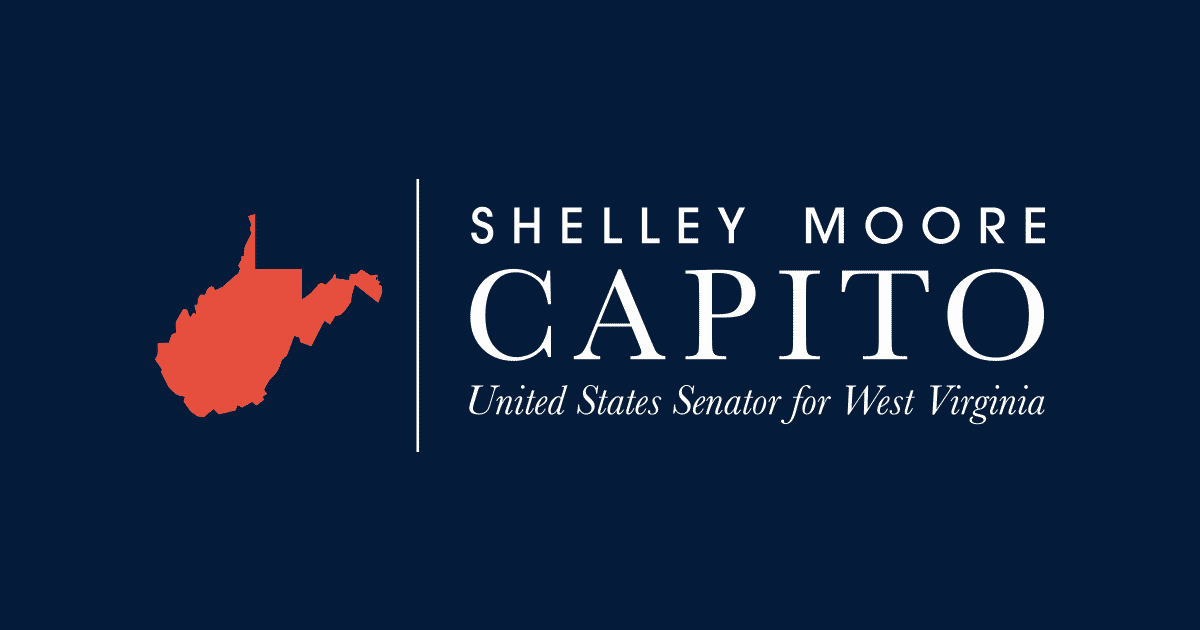Source: United States Senator for West Virginia Shelley Moore Capito
WASHINGTON, D.C. – This week, the U.S. Senate passed the Safe Connections Act, bipartisan legislation cosponsored by U.S. Senator Shelley Moore Capito (R-W.Va.) that would help survivors of domestic violence and other crimes cut ties with their abusers and separate from shared wireless service plans, which can be exploited to monitor, stalk, or control victims.
“Oftentimes, victims in domestic abuse situations remain tied to their abusers through their cell phone plans,” Senator Capito said. “It’s dangerous, gives abusers leverage, and discourages victims from reaching out to hotlines or others for help. The Safe Connections Act is an example of good, bipartisan legislation that would take steps to improve safety and most importantly, empower those in abusive situations to seek and get help.”
Survivors of domestic violence, dating violence, stalking, sexual assault, and human trafficking often face challenges when establishing independence from an abuser. These include financial insecurity and limited access to the communications tools essential to maintaining connections with family, social safety networks, employers, and support services.
As survivors seek help and stabilize their lives, the Safe Connections Act, authored by U.S. Senators Brian Schatz (D-Hawaii) and Deb Fischer (R-Neb.), would help them stay safe and connected by:
- Allowing survivors to separate a mobile phone line from any shared plan involving an abuser without penalties or other requirements. This includes lines of any dependents in their care.
- Requiring the Federal Communications Commission (FCC) to initiate a rulemaking proceeding to seek comment on how to help survivors who separate from a shared plan enroll in the Lifeline Program for up to six-months as they become financially stable.
- Requiring the FCC to establish rules that would ensure any calls or texts to hotlines do not appear on call logs.
The Safe Connections Act is supported by Access Now, the Clinic to End Tech Abuse at Cornell University, the Hawai‘i State Coalition Against Domestic Violence, the International Justice Mission, the National Domestic Violence Hotline, Public Knowledge, RAINN, StrongHearts Helpline, Legal Momentum – the Women’s Legal Defense and Education Fund, the National Network to End Domestic Violence, the Electronic Privacy Information Center, the Domestic Violence Action Center, the Center for Democracy and Technology, and Polaris.
The bill now heads to the U.S. House of Representatives for consideration.
# # #
